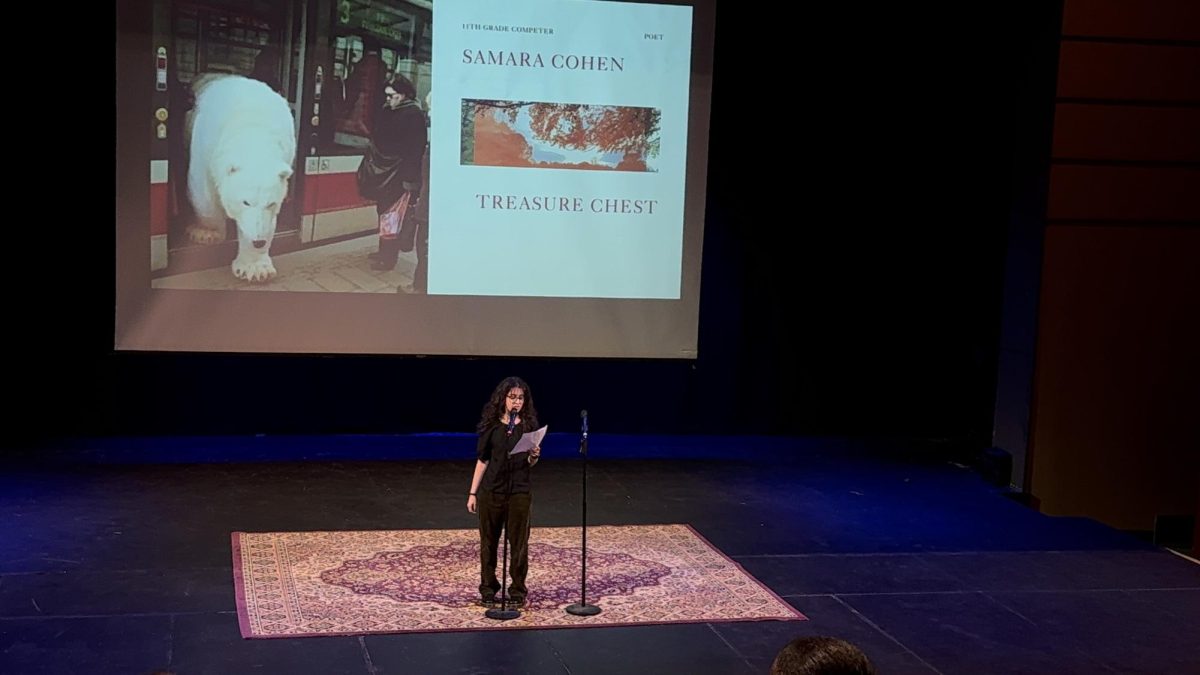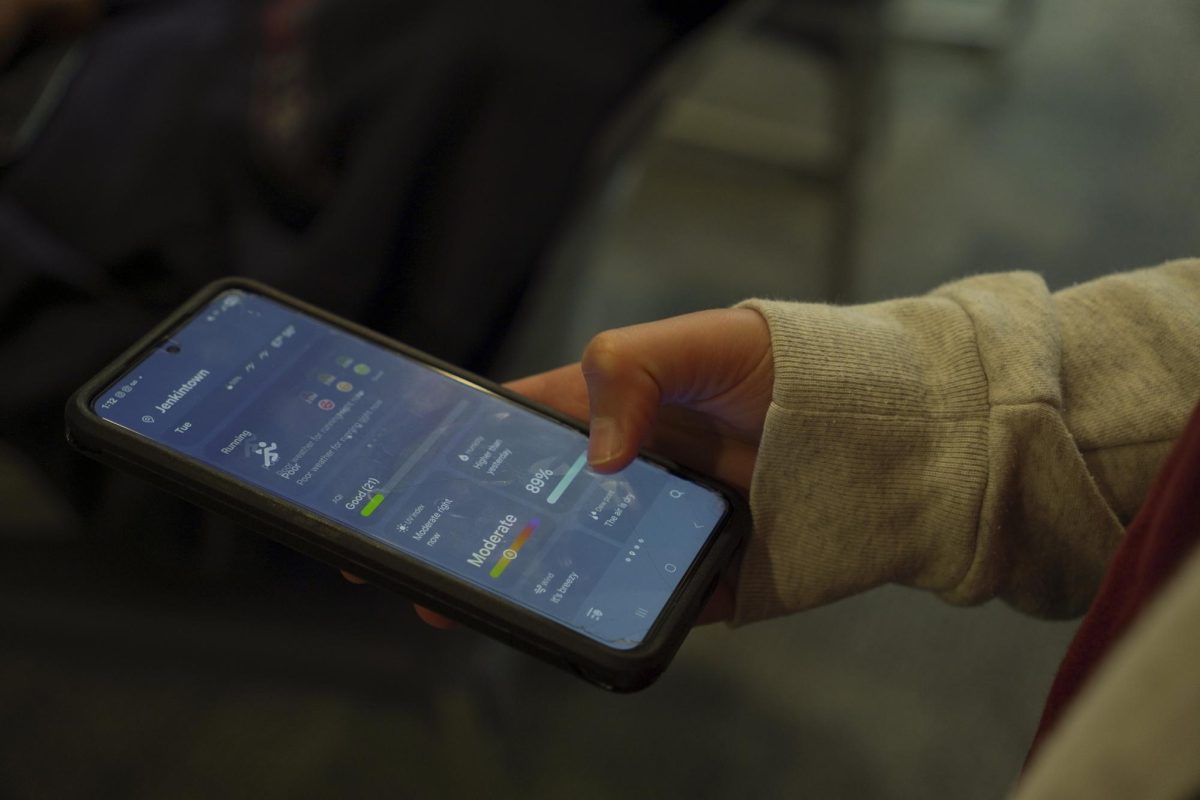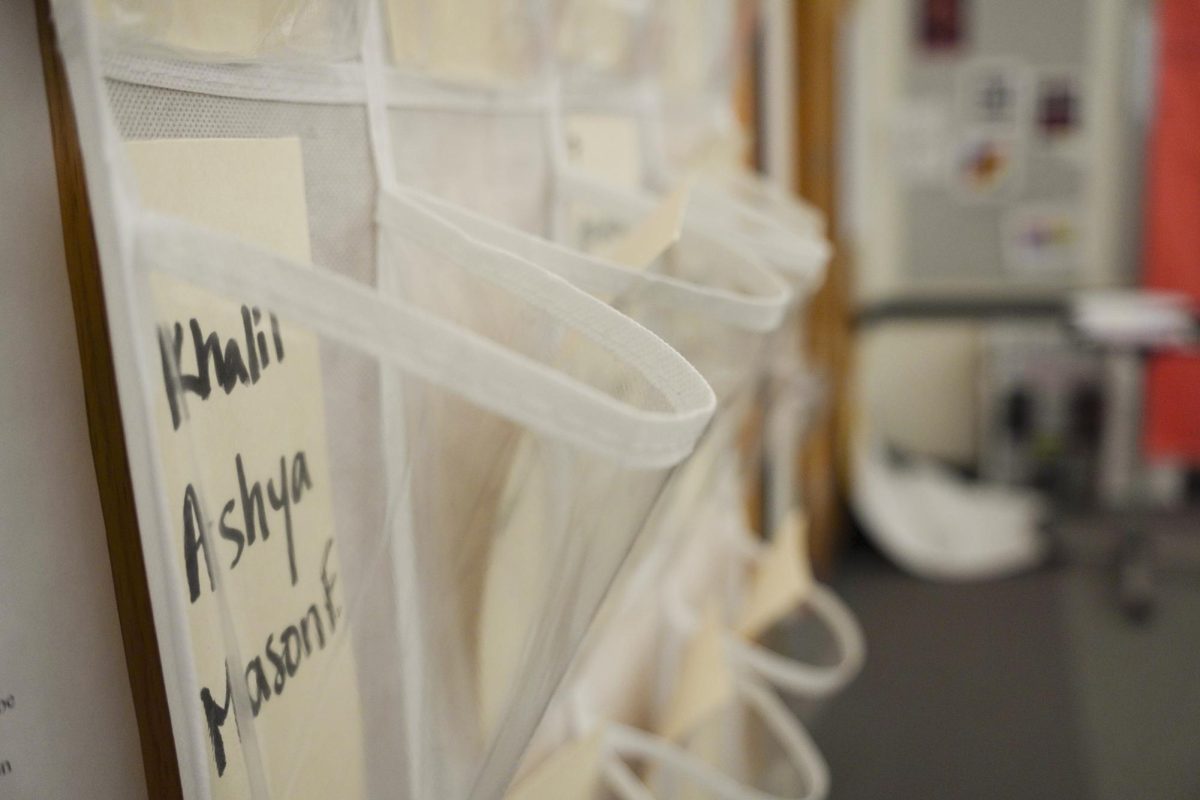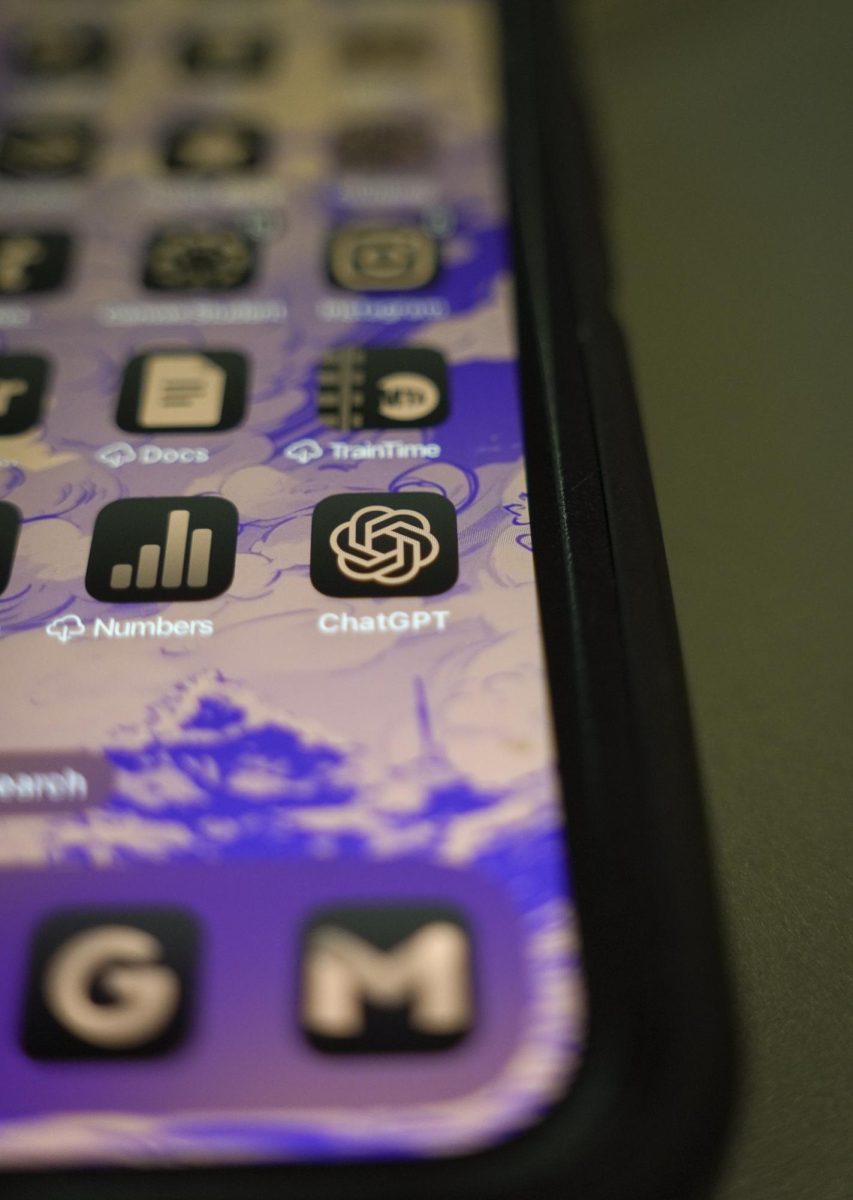In recent years, the college admissions landscape has begun to adopt a new facet to their applicants’ profile, an aspect that goes largely unknown by high school students and their families.
Some colleges and universities are now tracking their applicants “expressed” or “demonstrated” interest in their schools. This newfound practice involves colleges monitoring and analyzing prospective students’ “engagement” with their school through different online sources like social media platforms, email, university websites, and virtual tours or alumni sessions set up through the university.
Colleges are investing in this practice because they desire to gauge the level of “genuine interest” and commitment a prospective student has in their school. As the college admissions process becomes more and more ridiculously competitive, with more and more applicants to each school, universities are looking for simple ways to cut down the time it takes to go through an applicant’s profile. By tracking expressed interest, schools can easily predict their likely yield rates- the percentage of admitted students who choose to enroll in that school- and base admissions on that demographic accordingly.
Multiple methods are employed by different colleges and universities to track expressed interest online, such as social media monitoring, i.e. tracking how often and much applicants interact with the social media profiles of the university or their associated groups, website analytics (tracking applicants’ behavior on the school’s website like pages visited, duration of visit, and frequency of return visits), as well as student interaction with email correspondence and virtual event attendance.
Tracking these interactions provides colleges insight into prospective students’ enthusiasm and commitment to their school, supplying them with supposedly more accurate data for their admissions profile.
As most incredibly busy high school students aren’t aware that the colleges they’re applying to are tracking these interactions, many don’t pay active attention to the time they spend on university websites and often ignore the barrage of admission emails they receive on a daily basis. This practice turns the seemingly victimless act of clicking an unwarranted email into the trash into a decision that could impact where a student spends their college experience.
As so many high school students are unaware of this new piece of their application profile, it’s unfair to continue using the method in official student applications unless schools announce to all prospective students that they will be tracking “demonstrated” interest to level the playing field.
However, as this trend continues to evolve and colleges don’t show any sign of discarding this method, colleges and universities need to strike a balance between leveraging digital data to inform their admission strategies and ensuring transparency and respect for their applicant’s privacy. As more and more students become aware of this tactic, hopefully they will keep considering how their digital presence might influence college admissions, probably in new ways.
SCOURCES:
https://thecollegecurators.com/list-of-colleges-that-consider-demonstrated-interest/

























Noah • May 13, 2024 at 1:26 pm
Although it is technically not breaking any rules for universities to investigate your engagement with their websites, emails, and events, I would say that is a matter of ethicality that decides whether or not they should be performing these checks. In my opinion, it is unethical because not only are they tracking your online activity across their web services, but it is also taking away from the other parts of your transcript and resume that you likely put a lot of effort into working on. Imagine all the summer programs you attended or the AP courses you took which you dedicated countless hours to possibly being disregarded by admissions just because you didn’t take enough time to browse their website. I would call that unfair. Just as was mentioned here, the application process is becoming more and more competitive, so the standard to have a decent chance of getting admitted has gone up. Because of this, you will likely have to spend more time committing to programs, leaving even less time to worry about your “commitment” to the universities you’re interested in.
Josephine • May 13, 2024 at 1:12 pm
I agree with the idea that colleges should be more transparent with what they are using to determine whether or not to accept a certain student into their college. I think that with most colleges using social media on students online presence is a little complicated however. Whenever you post something on any social media platform, there is always the commitment that you are making a statement to everyone else on the platform to see regardless of how many followers you have. Most people that are going to see that post don’t know anything else about you other than what you have just said. Keeping this in mind, I do think that it is unfair for colleges to look into students’ social media platforms without letting people know that that is now a part of the decision process because while I believe that everyone should be careful with what they post on the internet, most people don’t take notice of this and don’t realize that this is a decision that could affect where they go to college and that is a lot of pressure on one small social media post that most people wouldn’t even think twice about.
Isabel Grey • May 13, 2024 at 12:52 pm
It is very surprising to me that colleges think that this is an accurate form of measuring prospective students’ interest in their school. I think that this is a good thing to know about but it can be used to people’s advantage unfairly if colleges are using this as an important factor in admission. I think that it can be helpful in some cases and I think that with the difficulty surrounding college admissions currently and the amount of heat some colleges have been receiving based on some of their decisions it is a way to measure interest but it could be negative, false or someone trying to play the system. I think that if colleges are measuring perspective students’ interactions with their social media what is to stop them from looking deeper and seeing potential interests or mistakes/negative things this person has?
Natalie • May 13, 2024 at 10:53 am
I agree entirely that colleges are starting to make admissions almost impossible. With the super-secrete data information they are taking, it makes it nearly impossible for a student to fit this “perfect image student.” First, students have to work their entire high school years making sure that their grades match up to the colleges’ expectations, their volunteer hours, and everything else that would make them stand out, but now they have to be this glowing ball of sunshine throughout every hour of their day. With this tracking that colleges do, they do gain insights about the applicant that they cannot in just their application alone, but if feel that that is a private source that only the applicant should feel comfortable to show to you in person, rather then by spying.
Tiye • May 8, 2024 at 9:35 am
I agree with Rowan’s perspective in the article because universities and colleges are making the admissions process unfair. The students who know about the “expressed interest” tracking are more likely to be accepted because they know that it is in their best interests to interact with the social medias and emails from their prospective schools. Students who are unaware are more likely to be rejected because they do not know that not interacting with the media from their school could effect their application. According to Rowan, the college admissions process is ” more and more ridiculously competitive” making this initiative worsen the already rough playing field between applicants who may know someone who works at a college or university and learn about such initiatives verses those who do not. Additionally, as Rowan stated “incredibly busy high school students” should be worrying about their academics and activities instead of whether they interacted online with their desired school enough to be accepted.
Dillan Shafer • May 8, 2024 at 7:46 am
I agree with the perspective in this article that colleges should be transparent about their policies for tracking students’ digital engagement. Learning about this was simultaneously shocking and unsurprising. It seems unethical to judge prospective students based on something they are not aware is being tracked. Yet, with college admissions being so competitive these days, I’m not surprised that schools are looking for easy and discreet ways to separate students from the rest of the pack. And, if colleges were to tell everyone that they were basing admissions on digital engagement, most students would become more digitally engaged to get into the schools they want, leveling the playing field again. I think that colleges can continue these practices if they choose, but they must disclose their policies to the public so students and families are not kept in the dark. It is immoral to take digital engagement into consideration for prospective students without their knowledge.
Rayan • May 8, 2024 at 7:44 am
This article shows how colleges are starting to show lots of more attention when students show interest in them. I think that they want to know if you’re just going to be applying to them or other colleges. their tracking things like how many times you visit their website or social media. I do agree with this because colleges see the students who would be more interested in attending there than other people. I am also very surprised by this and did not ever know about this. I think that it is a little strange why colleges are checking how many times we would be visiting their page but I see why they do it. I think colleges should tell people if they would do something like this and just not keep it a secret. I think that collages could keep doing this but just not keep it a secret.
Derek • May 8, 2024 at 7:39 am
I agree with the perspective in the article that the use of “demonstrated interest metrics” in college admissions is troubling, particularly when students are unaware of its significance. The practice of tracking engagement through social media, website interactions, and email responsiveness to gauge interest indeed gives admissions officers additional data to predict enrollment likelihoods. However, it also poses ethical questions about privacy and fairness. The idea that a student’s casual browsing or interaction with emails could influence their college admission chances without their knowledge is particularly concerning. It can add an extra layer of stress to an already stressful process, as students might feel compelled to engage in performative activities just to signal interest. I was somewhat surprised by these practices, tracking student’s emails.
Will • May 8, 2024 at 7:28 am
I agree with the perceptive of the article, it being that colleges need to strike a balance between leveraging data and transparency because may people do not know about how colleges monitor data and I think it is important that students know therefore colleges find a balance. Reading the article I was very surprised to learn the way colleges monitor emails without telling students. I was even more shocked to learn that just mind-numbingly deleting emails could effect your chance of getting into specific colleges, or even just looking at a colleges website for to long. In all I was just shocked at the many things colleges monitor without your own knowledge. I think that it is important for colleges to monitor digital footprints of their applicants, but I think the way that schools are doing this are wrong, because they should be transparent in what the monitor so students who accidentally delete an email are not denied into a college just because of that.
Jonas • May 8, 2024 at 7:25 am
I believe that colleges should not have the right to go through your school email without explicitly asking you beforehand, I also don’t believe that these schools shouldn’t deny admission to someone simply because they put one of the millions of spam emails from that university into the trash. If they look through your email without explicit permission, it could make the students not trust the university as much and become more guarded with what they do and not tell the university as much. This could also happen if they don’t admit people because they moved an email to trash. So overall I don’t think that universities should do this even though it is not against the law, it goes against my morals.
Eliot Bramson • May 8, 2024 at 7:24 am
College admissions is unnecessarily complicated and competitive. College didn’t use to be this stressful. When I’m talking to teachers or family members about their college experience, they tell me how different there experience was from the modern college application process. They talk about a relatively stress free time. One of the biggest differences is how competitive colleges now are. If you want to get into a decent school, people need to start the process at least in freshman year, with getting in your volunteer hours, extra curricular activities, work experience, and grades. The first couple years of high school should be relatively care free, with focuses on learning. Now, people have so many different things that they have to do.
The fact that colleges track the interest of an applicant shouldn’t be allowed. It reminds me of George Orwell’s 1984, with the Thought Police. Applicants for a certain college should be judged based on the information that they share with the administrator.